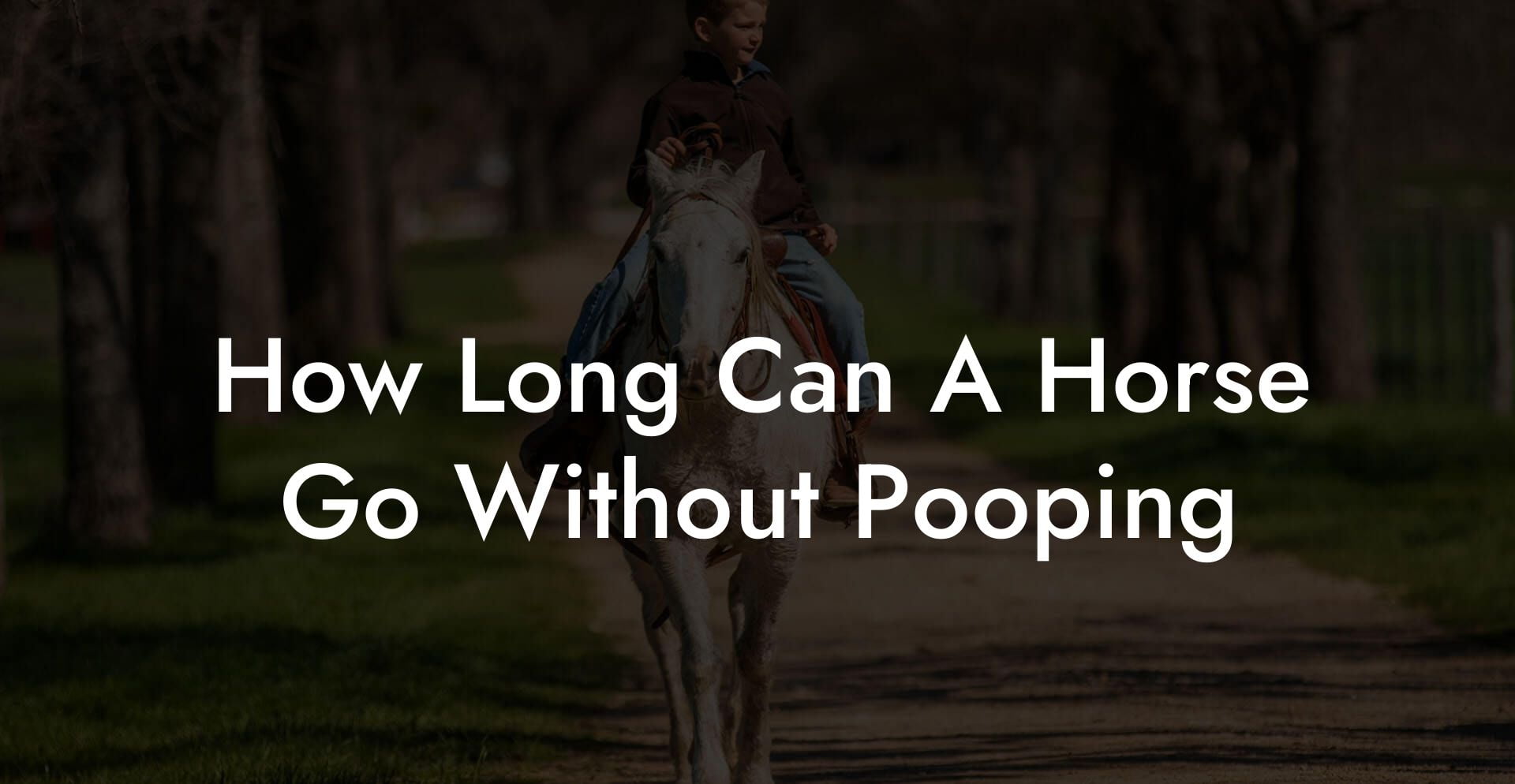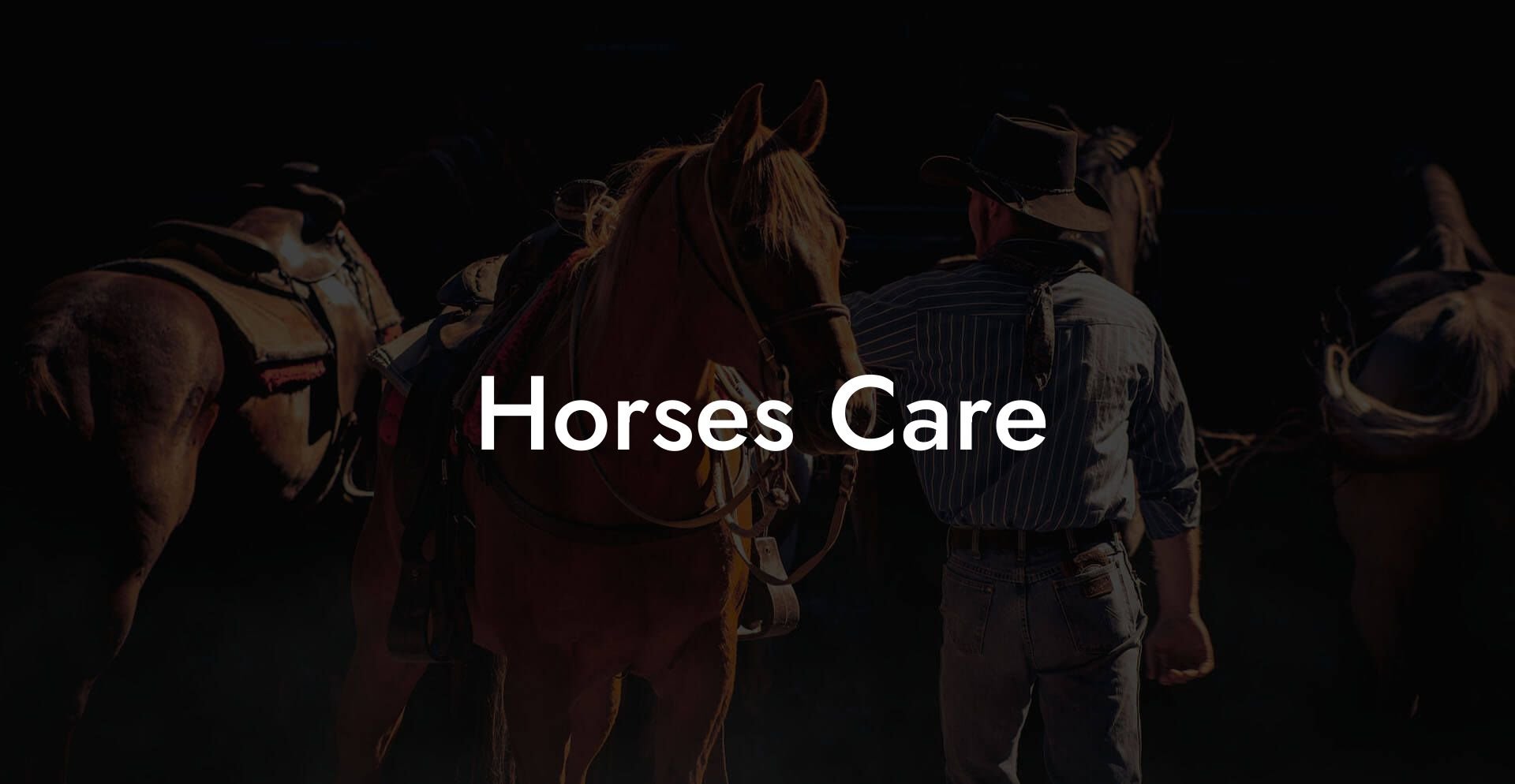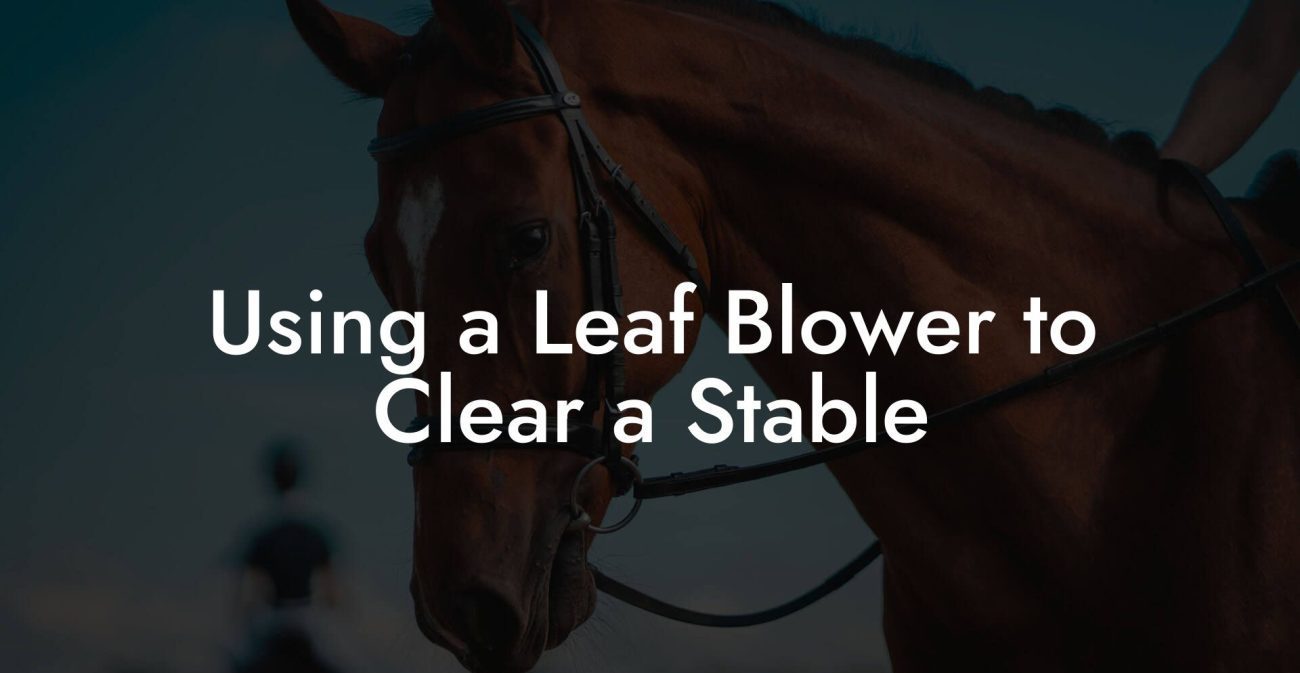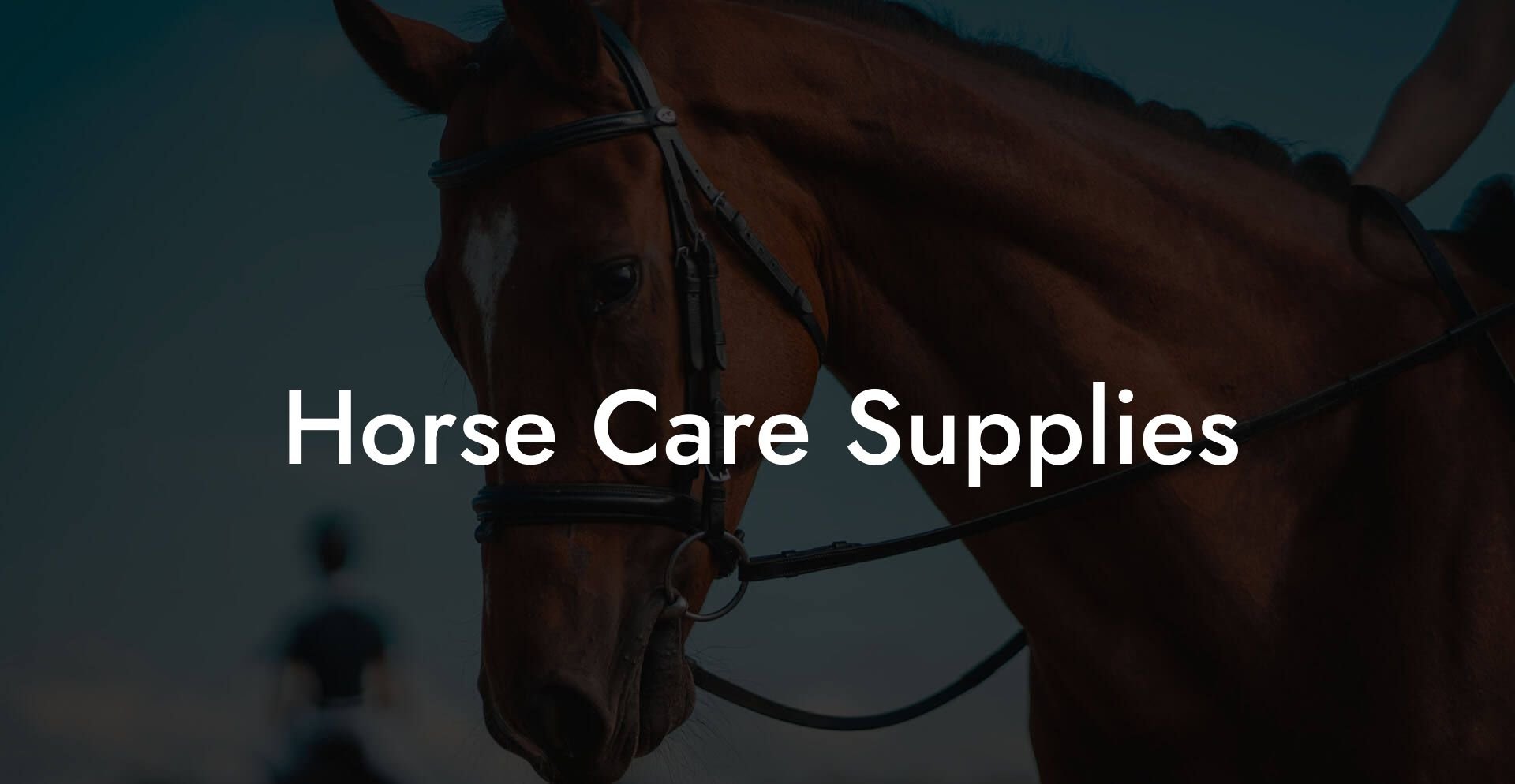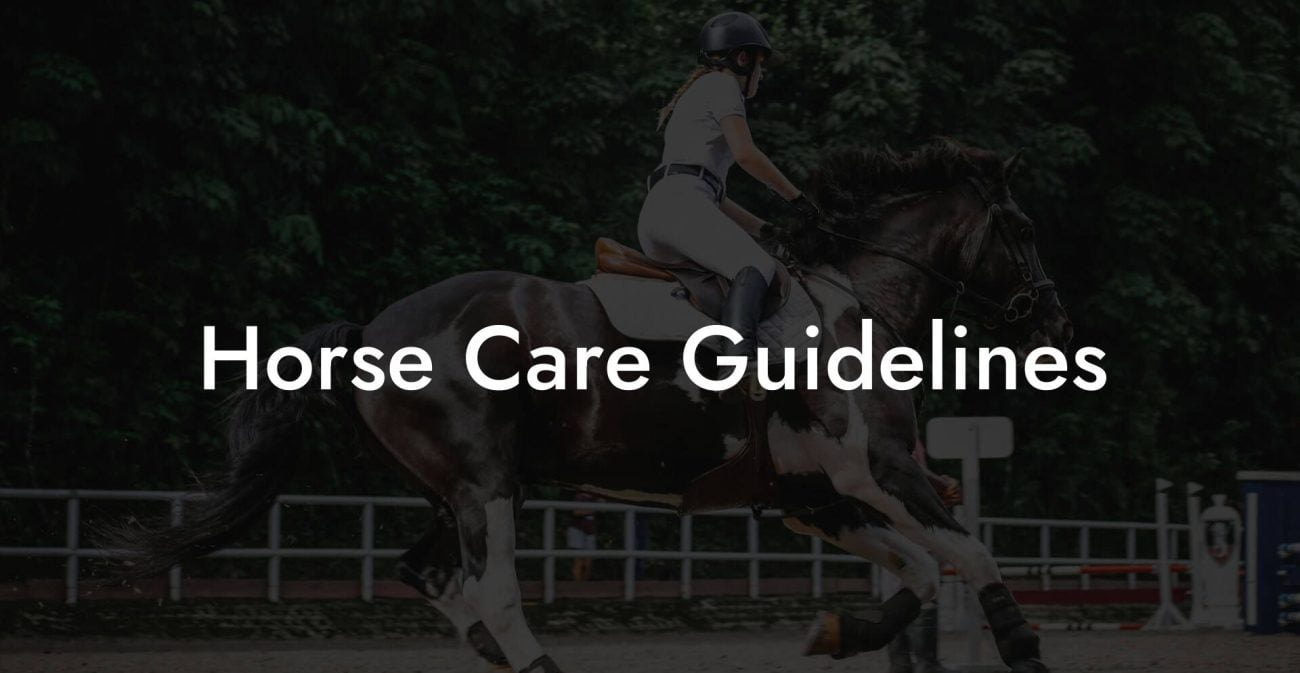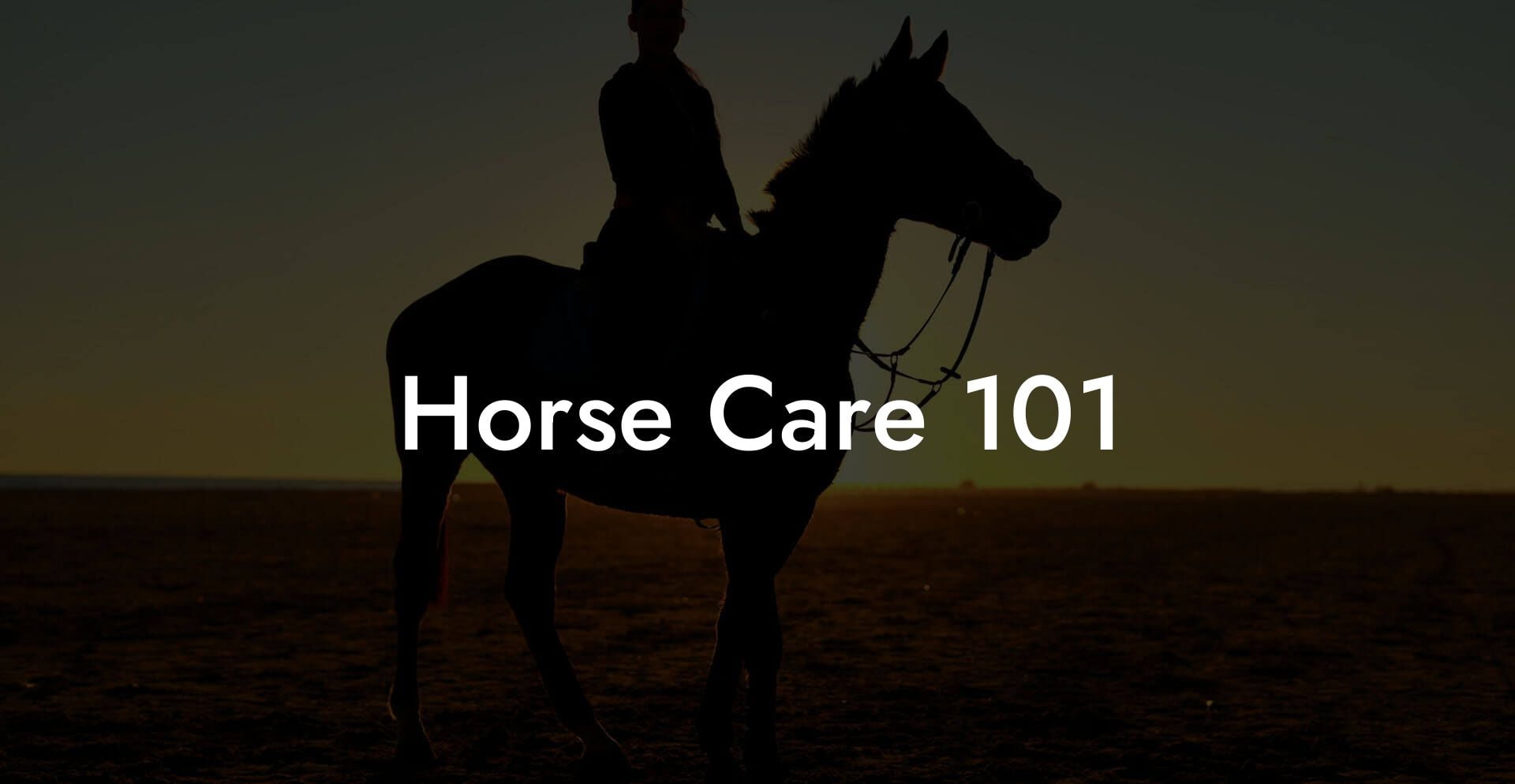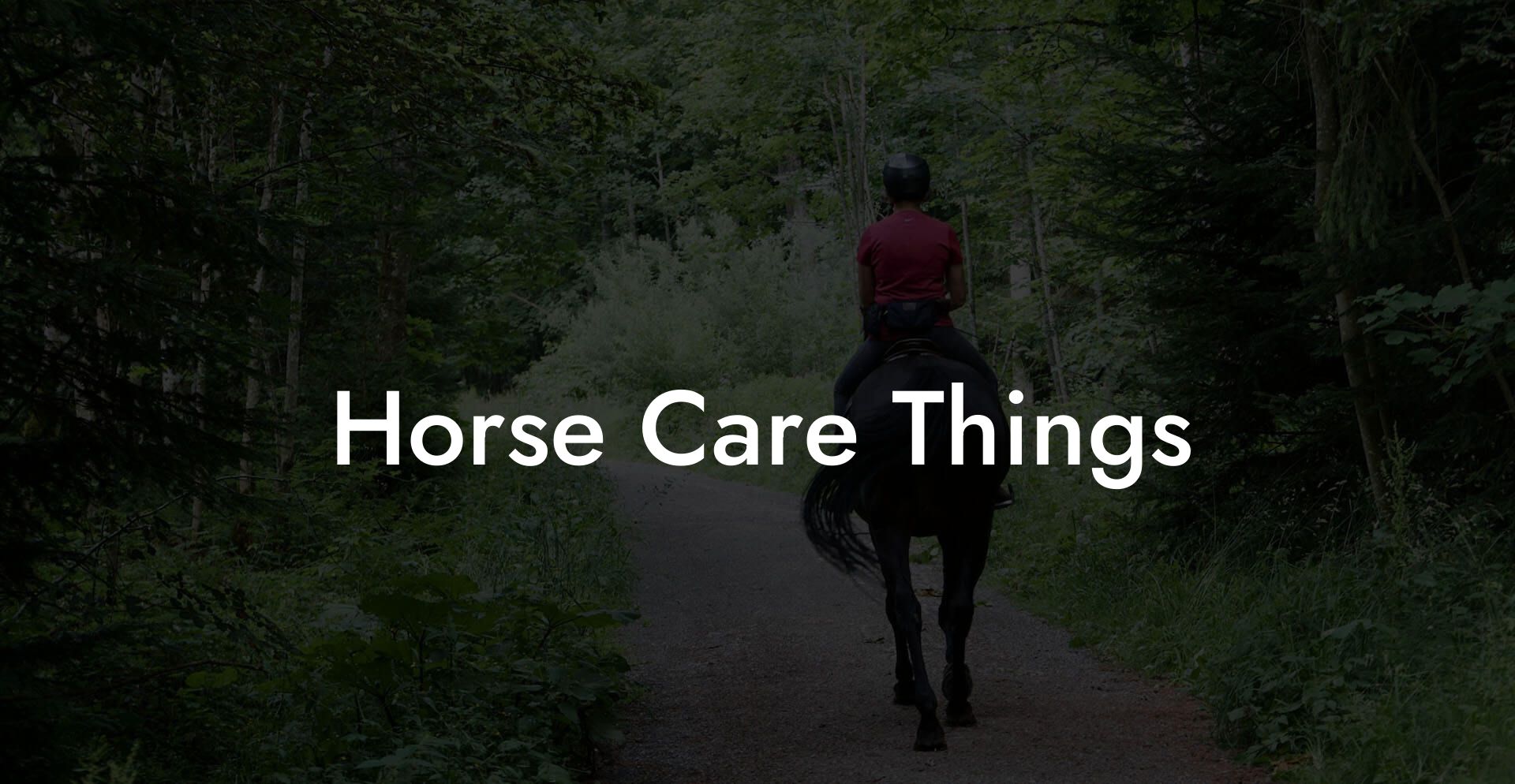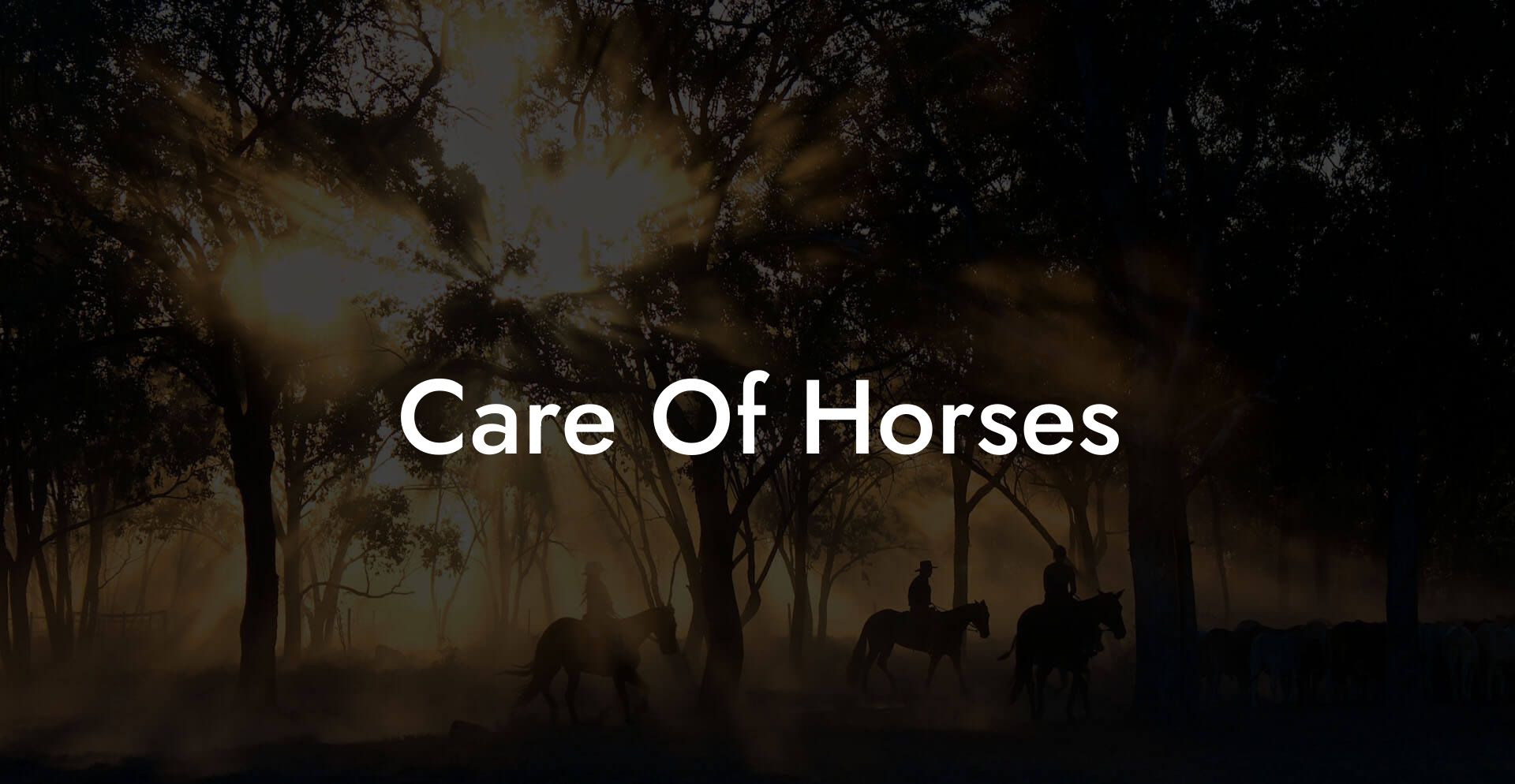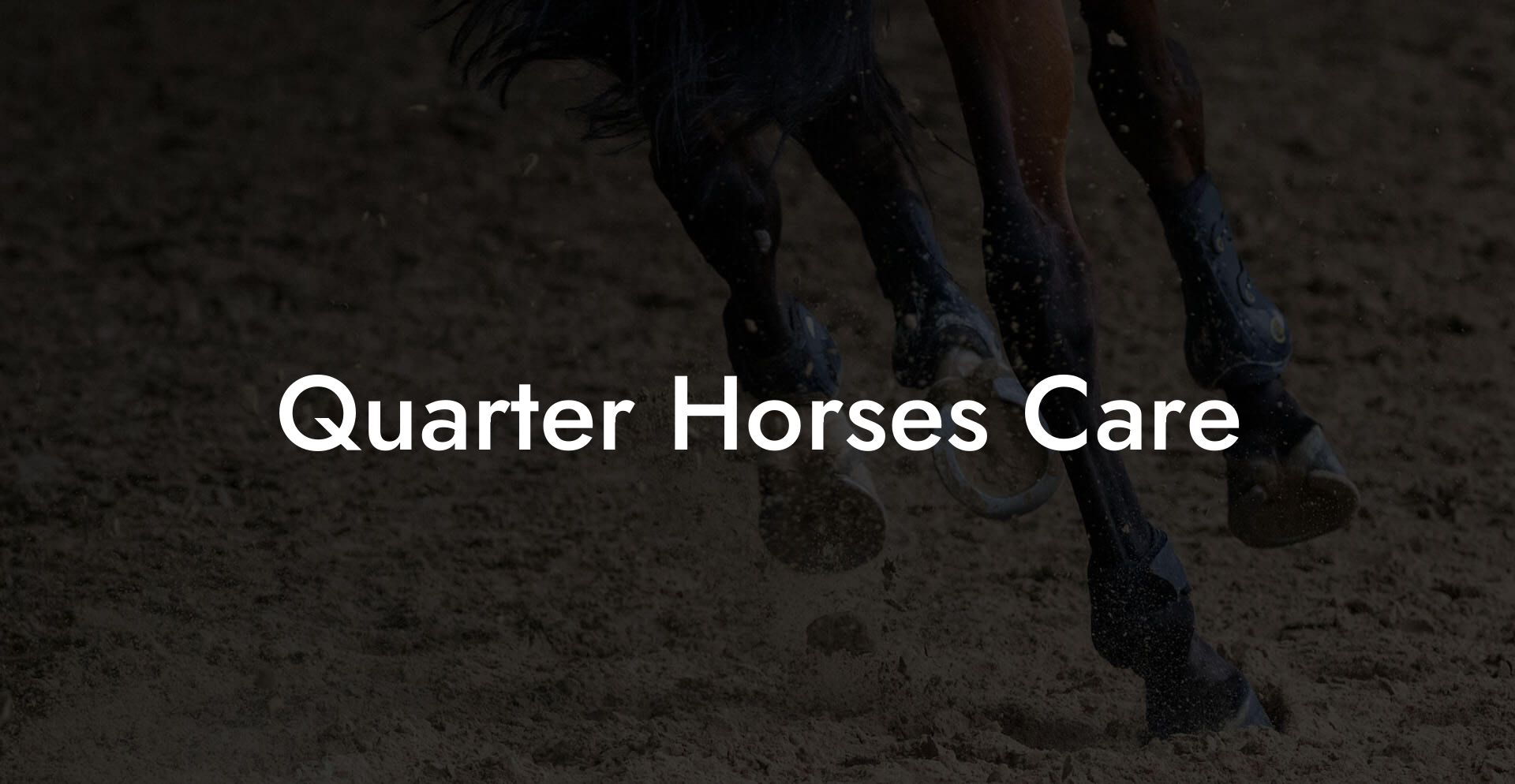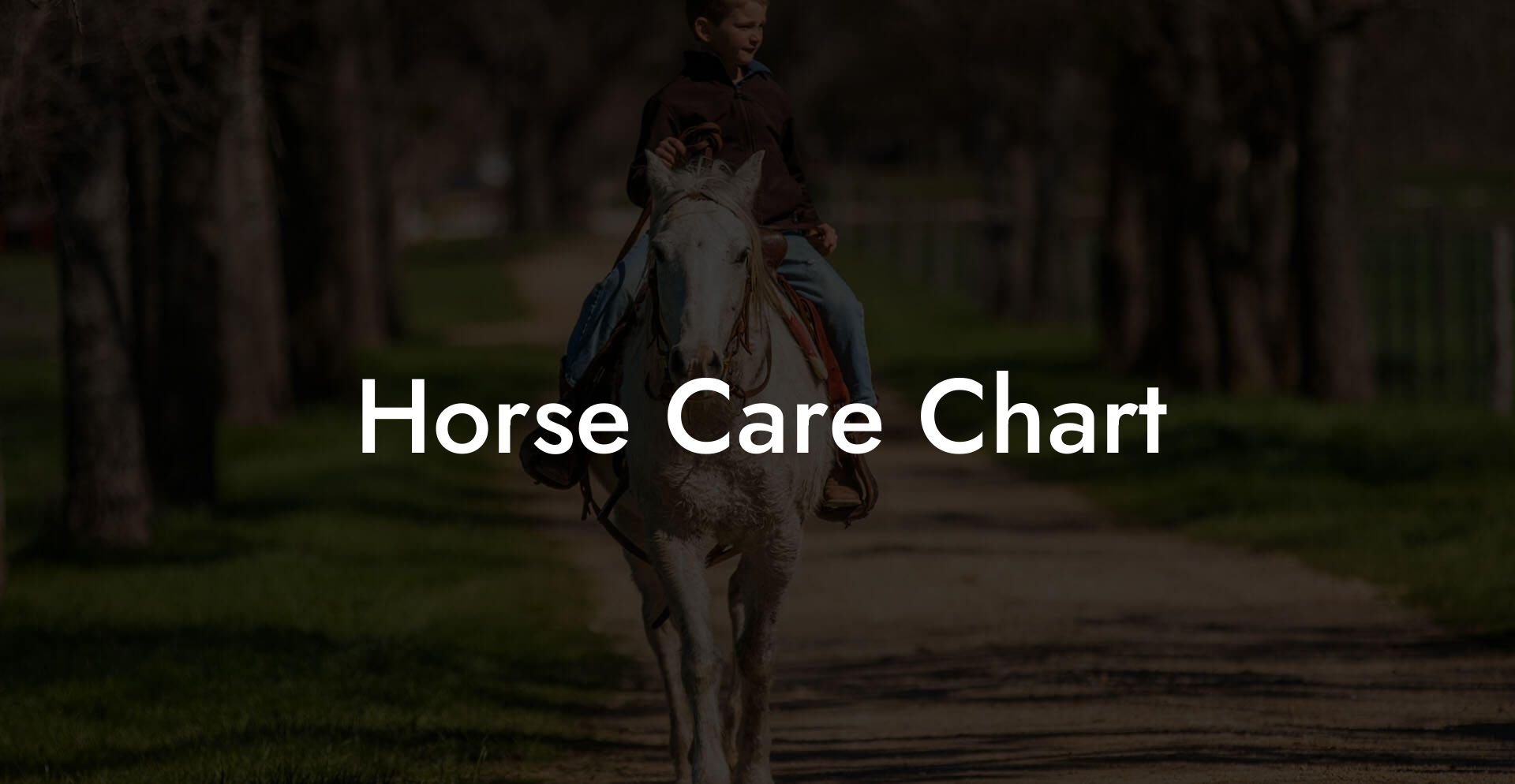Ever wondered if your noble steed could pull off a magic trick by skipping its daily poop parade? Brace yourself for a deep dive into the equine digestive world, a realm where hay, water, and a touch of mystery combine to create one of nature’s most fascinating processes. In this guide, we peel back the layers (or should we say, manure piles?) of your horse’s gut to explore just how long a horse can go without pooping, why it matters, and how you can keep your four-legged friend galloping in digestive bliss.
Quick Links to Useful Sections
- Unpacking the Equine Digestive System: More Than Just Hay and Manure
- The Lowdown on Horse Poop Frequency: What’s “Normal” Anyway?
- How Long Can a Horse Really Go Without Pooping? The Nitty-Gritty
- Factors Influencing Horse Digestion and Poop Frequency
- Diet and Fiber Intake
- Hydration: The Unsung Hero
- Exercise and Activity
- Stress and Environmental Changes
- Age and Health Status
- When to Worry: Recognizing the Signs of Digestive Trouble
- Manure Management: Why Regular Pooping is Critical for Equine Health
- Myths and Misconceptions: Debunking the “Poop-Free” Horse Legend
- Spotlight on Colic: When Digestive Issues Become an Emergency
- Strategies to Encourage Regular Bowel Movements in Horses
- Optimizing the Diet
- Hydration Management
- Incorporating Regular Exercise
- Stress Reduction Techniques
- Regular Veterinary Check-Ups
- The Role of Diet, Supplements, and Forage in Equine Digestive Health
- Technology and Tools: How Modern Innovations Are Enhancing Equine Digestive Care
- When to Call in the Professionals: Recognizing the Need for Veterinary Intervention
- Stories from the Field: Real-Life Experiences with Equine Digestive Health
- Embracing a Proactive Mindset: Your Role in Equine Digestive Wellness
- Resources and Community Support: Your Next Steps in Equine Care
- Equine Digestive Health FAQs: Your Burning Questions Answered
- Your Journey to Mastering Equine Digestive Health
Unpacking the Equine Digestive System: More Than Just Hay and Manure
Horses are not your average household pets. Their digestive systems are marvels of evolution, designed to process massive amounts of fibrous plant material with impressive efficiency. Unlike carnivores or omnivores, horses have a unique hindgut fermentation process that transforms fibrous hay and pasture grass into vital nutrients.
At the heart of this system is the cecum and colon, a dynamic duo that ferments fiber, extracts essential nutrients, and turns what was once plant matter into the manure that every horse owner is all too familiar with. But don’t be fooled; this process is as delicate as it is robust. A disruption in this flow, such as a delayed bowel movement, could spell trouble for your equine companion.
Understanding the ins and outs of equine digestion is crucial for any horse owner. While horses might be celebrated for their majestic gallops and soulful eyes, they’re also known for their incredibly sensitive guts. When it comes to poop frequency, their digestive tract works like a finely-tuned machine, and even slight tweaks in diet, hydration, or stress levels can send the system into overdrive or leave it dawdling.
The Lowdown on Horse Poop Frequency: What’s “Normal” Anyway?
When it comes to the bowel habits of horses, there isn’t a one-size-fits-all answer, but there are some general expectations. Typically, a healthy horse will poop anywhere from 8 to 12 times a day. Yes, you read that right, your equine buddy is on a roll when it comes to daily deposits!
This regularity is vital for their overall digestive health. Regular defecation helps maintain the balance of gut bacteria, prevents the build-up of toxins, and keeps the entire digestive process humming along smoothly. Indeed, a consistent manure routine is not just a quirky fact, it’s a sign of a healthy, active digestive system.
However, a temporary pause in this routine can sometimes occur, and many owners find themselves asking, “How long can a horse go without pooping?” While the odd delay might not be immediately alarming, prolonged intervals can be a red flag that something isn’t quite right in the digestive arena.
How Long Can a Horse Really Go Without Pooping? The Nitty-Gritty
In the equine world, going without a bowel movement for more than 24 hours is generally considered a potential problem. Given the horse’s high-fiber diet and the need for constant gut motility, any delay in defecation can signal issues ranging from mild digestive slowdowns to severe conditions such as colic.
It’s important to note that every horse is unique. Factors like age, diet, hydration, exercise, and overall health play significant roles in determining normal poop frequency. What might be perfectly normal for one horse could be a warning sign for another. So, while 24 hours is a useful benchmark, always keep an eye on your horse’s usual patterns.
If you notice that your horse hasn’t left a single manure masterpiece for that period, it might be time to do some detective work. Is your horse getting enough water? Has there been a recent change in diet? Or is there a new stressor in the environment, such as a change in routine or unfamiliar surroundings? Any of these factors could contribute to a slowdown in digestion.
Factors Influencing Horse Digestion and Poop Frequency
The equine digestive process is regulated by a number of variables. Understanding these factors can help you pinpoint why your horse might be off-schedule with its regular bathroom breaks.
Diet and Fiber Intake
The cornerstone of a horse’s diet is high-quality forage. A balanced diet rich in fiber not only supports digestive health but also encourages regular bowel movements. When horses munch diligently on hay or pasture grass, their digestive systems are stimulated to keep the food moving through the gut, ensuring that waste is expelled in a timely manner.
Conversely, diets that are skewed towards concentrates or overly processed feeds can sometimes disrupt this delicate balance. Fiber deficiency or an overload of grain can alter the gut motility, leading to irregular bowel movements.
Hydration: The Unsung Hero
Water is essential. It helps break down fibrous materials and keeps the gut contents moving. Inadequate water intake can lead to dehydration, which in turn may cause constipation or impaction. Always ensure that your horse has access to clean, fresh water throughout the day.
Exercise and Activity
Much like humans, horses benefit greatly from regular physical activity. Exercise stimulates the digestive system, ensuring that the natural rhythm of peristalsis (the movement of the gut muscles) remains intact. Horses that are confined or stabled for extended periods may show signs of slowed digestion, making regular turnout and exercise critical.
Stress and Environmental Changes
Though horses are known for their stoic nature, they’re also sensitive creatures. Stress, whether from changes in routine, transportation, or even harsh weather, can negatively impact their digestion. An anxious horse might not chew its hay as thoroughly or might hold in its bowel movement longer, both of which can lead to digestive complications.
Age and Health Status
Much like people, a horse’s digestive efficiency may change as they age. Senior horses, or those with underlying health issues, might experience slower digestion. Regular veterinary check-ups and appropriate dietary adjustments can help manage these changes and maintain healthy digestive function.
When to Worry: Recognizing the Signs of Digestive Trouble
While everyone loves a healthy pooping horse (it’s an equine badge of honor, really), there are times when a delay in manure production should set off alarm bells. Prolonged periods without pooping can lead to serious complications like colic, a potentially life-threatening condition characterized by severe abdominal pain.
Here are some red flags to watch for if your horse’s bathroom routine seems off:
- Visible discomfort: Look for signs of restlessness, pawing at the ground, or a tense body posture.
- Changes in appetite: A loss of appetite can be an early indicator of digestive distress.
- Bloating or abdominal distention: Swelling in the belly area could signal a build-up of gas or fluid.
- Lethargy: A normally energetic horse that seems unusually tired might be experiencing discomfort or pain internally.
- Excessive sweating: This could be another sign that your horse is undergoing stress or pain.
If you notice any of these symptoms, it’s time to consult with a veterinarian. Early intervention can prevent minor digestive issues from escalating into full-blown emergencies.
Manure Management: Why Regular Pooping is Critical for Equine Health
It might seem odd to celebrate the act of pooping, but in the equine world, it’s a key indicator of overall health. Regular defecation not only clears the digestive tract but also stabilizes the internal environment of your horse’s gut. Here’s why keeping those manure piles coming is so crucial:
- Gut Health and Microbiome Balance: Horses rely on a rich ecosystem of bacteria to digest their fibrous diet. Regular elimination helps maintain a balanced microbiome, ensuring that beneficial bacteria thrive while harmful ones are kept at bay.
- Prevention of Impactions: When waste builds up, there’s an increased risk of intestinal impactions, a condition where the bowel becomes blocked by hardened fecal matter. This can lead to severe pain and, if left untreated, life-threatening complications.
- Toxin Elimination: By steadily moving food through the digestive system, horses can efficiently expel toxins and waste products that might otherwise accumulate and cause illness.
- Energy and Nutrient Utilization: The digestive process extracts necessary nutrients from food. Regular bowel movements indicate that this process is functioning optimally, ensuring your horse receives the energy it needs for daily activities.
Proper manure management is not just about keeping your barn tidy, it’s about nurturing a vital aspect of your horse’s overall health. A well-regulated digestive system is a strong sign of a happy, thriving equine companion.
Myths and Misconceptions: Debunking the “Poop-Free” Horse Legend
In the realm of horse care, myths are as common as hay in a barn. One of the most persistent myths is that a horse can occasionally “skip” pooping without any adverse effects. Let’s set the record straight.
Some equestrians argue that once in a while, a horse might demonstrate what could be humorously dubbed as “poop fasting”, a period where the digestive system seems to take an unplanned day off. However, while minor delays might occur occasionally, these should not be confused with healthy digestive patterns. A consistently regular routine is what counts. Even if your horse appears to be just fine, prolonged gaps in bowel movements can lead to digestive stasis and other complications.
Another popular misconception is that if a horse isn’t showing obvious signs of distress, there’s no cause for concern. Don’t be fooled by a calm exterior, a horse’s digestive issues are often a silent affair. That’s why paying attention to subtle changes in both behavior and manure output is key to proactive equine care.
Spotlight on Colic: When Digestive Issues Become an Emergency
Colic is a term that sends shivers down the spine of every horse owner, and for good reason. This complex condition, largely related to the digestive system, can escalate rapidly into a full-blown emergency. Colic is not a disease but rather a symptom of underlying digestive disturbances, often brought on by an obstruction, gas buildup, or impaction.
Here’s what you need to know about colic:
- Rapid Onset: Colic can develop quickly, sometimes within a matter of hours, which is why prompt detection is critical.
- Severe Pain: A colicky horse may exhibit signs of intense discomfort, such as rolling, pawing at the ground, and sweating profusely.
- Potentially Fatal: Without timely intervention, colic can lead to death. Veterinarians may need to perform emergency procedures to relieve the blockage.
- Prevention is Key: Ensuring your horse maintains regular bowel movements, stays hydrated, and has a balanced diet can substantially reduce the risk of colic.
The hallmark of colic is discomfort, never ignore persistent signs of distress. Maintaining a daily routine and closely monitoring your horse’s gut health is your best defense against this potentially serious condition.
Strategies to Encourage Regular Bowel Movements in Horses
So, you’re probably wondering: what can I do to ensure my horse’s digestive system keeps churning out that essential manure? The good news is there are plenty of proactive strategies to keep your horse’s gut in tip-top shape.
Optimizing the Diet
The foundation of any good digestive plan is the diet. Feed your horse a balanced diet that emphasizes high-quality forage to naturally stimulate gut motility. Avoid sudden changes in diet and gradually introduce any new feeds to help maintain consistency in the digestive process.
Hydration Management
Water may be the unsung hero of regular bowel movements. Ensure your horse has continuous access to clean water, especially during hot weather or periods of increased activity. You might also consider adding electrolytes during strenuous periods to encourage better hydration.
Incorporating Regular Exercise
Movement is medicine! Regular exercise, whether it’s in the form of turnout in a pasture or light riding sessions, promotes natural peristalsis. This momentum propels food through the digestive tract effectively, reducing the risk of impactions and other issues.
Stress Reduction Techniques
Stress can be a silent gut killer. Create a calm, stable environment for your horse. Ensure that changes in routine are gradual, new surroundings are introduced with care, and that your horse has trusted companions to reduce anxiety.
Regular Veterinary Check-Ups
Never underestimate the importance of regular veterinary visits. Routine check-ups allow for early detection of potential issues before they escalate into dangerous conditions. Your veterinarian can provide tailored advice on diet, exercise, and overall management strategies to optimize digestive function.
By taking a well-rounded approach that addresses diet, hydration, exercise, and stress management, you can keep your horse’s digestive system humming along beautifully.
The Role of Diet, Supplements, and Forage in Equine Digestive Health
Diet is the bedrock of equine health, and the quality of forage you provide can significantly affect your horse’s digestive regularity. Fresh, high-quality hay or pasture is key to ensuring that the digestive tract is constantly stimulated to process fiber.
But sometimes, even the best hay needs a little boost. Supplements such as prebiotics and probiotics can help maintain the delicate balance of gut flora that supports optimal digestion. These supplements encourage the growth of beneficial bacteria and improve the efficiency of nutrient absorption.
Additionally, consider incorporating natural digestive aids like beet pulp, which provides extra fiber and moisture, further contributing to gut motility. Every element of your horse’s diet plays a role in ensuring that the digestive engine remains well-oiled and ready to churn out those critical manure deposits.
Technology and Tools: How Modern Innovations Are Enhancing Equine Digestive Care
In today’s digital age, even horse care is getting a high-tech makeover. From smart feeders that monitor grazing habits to wearable devices that track a horse’s physical activity and hydration levels, technology is empowering owners to take proactive steps toward maintaining digestive health.
These cutting-edge tools not only help you keep tabs on your horse’s overall well-being but also alert you to any deviations from normal behavior, like unusual delays in pooping. Coupled with the insights of your trusted veterinarian, these technologies can guide you in fine-tuning your horse’s environment and daily routines.
Embracing modern innovations can translate into improved nutritional management, more targeted exercise regimens, and ultimately, a happier, healthier digestive system for your horse.
When to Call in the Professionals: Recognizing the Need for Veterinary Intervention
Even the most attentive horse owner can face moments of uncertainty when it comes to digestive health. If your horse has not pooped within 24 hours and is showing any signs of discomfort, calling in your veterinarian immediately is essential. Veterinarians are equipped to perform diagnostic tests, prescribe treatments, and even perform emergency procedures if necessary.
Some warning signs that warrant professional attention include persistent discomfort, a noticeable decrease in appetite, extreme lethargy, and any signs of colic. Early intervention can be the difference between a manageable issue and a full-blown medical crisis.
Remember, while home care and preventive measures are vital, the expertise of a veterinary professional is indispensable when it comes to ensuring your horse’s digestive system stays on track.
Stories from the Field: Real-Life Experiences with Equine Digestive Health
Nothing brings concepts to life quite like real-life stories. Consider the case of Daisy, a spirited mare whose once-regular routine was disrupted by a sudden change in diet. Her owner noticed Daisy’s unusual reticence at mealtimes and a delay in her typical manure schedule. After consulting with a veterinarian, it was discovered that a slight imbalance in her fiber intake had thrown her digestive system off-kilter. Through dietary adjustments, increased hydration, and gentle exercise, Daisy’s routine was restored, reminding us that even subtle changes can have a dramatic effect.
Then there’s Max, an older gelding whose digestive slowdown was attributed to stress and a more sedentary lifestyle. His caretaker introduced daily turnout, pair play with other horses, and a few specialized supplements. Within weeks, Max’s gut function improved noticeably, demonstrating how targeted interventions can rejuvenate an aging digestive system.
These stories are a testament to the importance of understanding and respecting the intricacies of the equine digestive system. They remind us that behind every manure pile lies a complex process of care, balance, and timely intervention.
Embracing a Proactive Mindset: Your Role in Equine Digestive Wellness
Being a horse owner in the modern era means wearing multiple hats, a caretaker, a veterinarian advocate, and occasionally, a detective tracking down the mysteries of equine digestion. Your vigilance in observing your horse’s daily habits and implementing simple yet effective strategies can make all the difference.
Start with small steps: maintain a consistent feeding schedule, ensure ample hydration, provide regular exercise, and monitor any deviations from your horse’s typical behavior. Over time, these practices not only prevent serious conditions like colic but also contribute to an environment where your horse can thrive.
In essence, equine digestive care is a shared journey between you and your horse, one that benefits from knowledge, observation, and a proactive attitude toward holistic well-being.
Resources and Community Support: Your Next Steps in Equine Care
As you continue your journey to understanding equine digestion and optimizing your horse’s health, know that you’re not alone. A thriving community of horse enthusiasts, veterinarians, nutritionists, and equine caretakers is out there, ready to share insights, answer questions, and offer support.
Online forums, social media groups, and local equine clubs are excellent places to start. By connecting with others who understand the nuances of horse care, you can gain practical advice, swap success stories, and even troubleshoot potential issues before they become serious.
Consider subscribing to trusted equine care blogs, attending workshops, or even taking short courses related to equine nutrition and health. The more you know, the better equipped you’ll be to make informed decisions that benefit your horse’s digestive and overall health.
Equine Digestive Health FAQs: Your Burning Questions Answered
Navigating the world of horse care can sometimes feel like deciphering a code, and we’re here to help break it down. Check out these frequently asked questions about equine digestive health, including insights into just how long a horse can go without pooping.
1. How many times a day should a healthy horse poop?
Most healthy horses will defecate between 8 to 12 times a day. This frequent output is a natural part of their high-fiber, forage-based diet.
2. How long can a horse safely go without pooping?
While every horse is different, going more than 24 hours without a bowel movement is generally considered a warning sign. Persistent delays could indicate digestive issues or the onset of conditions like colic.
3. What are the common causes for a horse’s delayed manure production?
Factors include dietary changes, inadequate water intake, reduced exercise, stress, age, or underlying health issues. Always monitor these areas to ensure your horse’s gut stays active.
4. Can changes in diet affect my horse’s poop frequency?
Absolutely. A balanced, high-fiber diet is essential for regular gut motility. Abrupt changes, a deficiency in fiber, or too many concentrates can disrupt the normal digestive rhythm.
5. How does hydration influence equine digestion?
Water is critical for breaking down fibrous material and moving it through the gut. Dehydration can lead to constipation and even impaction, so ensure continuous access to clean water.
6. What are the signs that suggest my horse might be suffering from colic?
Signs include restlessness, decreased appetite, abdominal bloating, excessive sweating, and noticeable discomfort. If you observe these symptoms, contact your veterinarian immediately.
7. Are there supplements that can help maintain healthy digestion in horses?
Yes, prebiotics and probiotics are popular supplements used to support the gut microbiome. Additionally, ingredients like beet pulp provide extra fiber and moisture to aid digestion.
8. How can stress affect my horse’s bowel movements?
Stress can negatively impact digestion by slowing down the peristaltic movement in the gut. Providing a calm, consistent environment is key to preventing stress-related digestive issues.
9. What role does exercise play in maintaining regular bowel movements?
Regular physical activity stimulates gut motility, ensuring that food moves through the digestive system efficiently. Even low-impact activities like turnout or light riding can make a significant difference.
10. When should I consult a veterinarian about my horse’s digestive issues?
If your horse goes longer than 24 hours without defecating, or if you observe other symptoms such as severe discomfort or changes in behavior, it’s time to seek professional advice immediately.
Your Journey to Mastering Equine Digestive Health
Maintaining your horse’s digestive health is a multifaceted endeavor, combining diligent care, the right nutritional approach, and a proactive mindset. While the question of “How Long Can A Horse Go Without Pooping?” might seem like a quirky bit of barnyard trivia, it’s actually a window into the broader principles of equine care.
Every small detail, from the quality of hay to the regularity of water and exercise, plays a pivotal role. By understanding your horse’s digestive rhythms, staying alert to the signs of potential issues, and embracing modern equine care techniques, you can ensure that your horse remains as healthy and vibrant as the day it first galloped into your life.
Remember, a well-managed digestive system is a cornerstone of overall equine well-being. Whether you’re a seasoned rider or a new horse enthusiast, the knowledge you gain today is a powerful tool in your journey toward being the best caretaker possible.
Let the insights shared here guide you in making informed decisions. Keep observing, stay curious, and never hesitate to reach out to veterinary professionals if something seems off. After all, in the world of horse care, every little detail matters, especially when it comes to keeping that manure moving!

